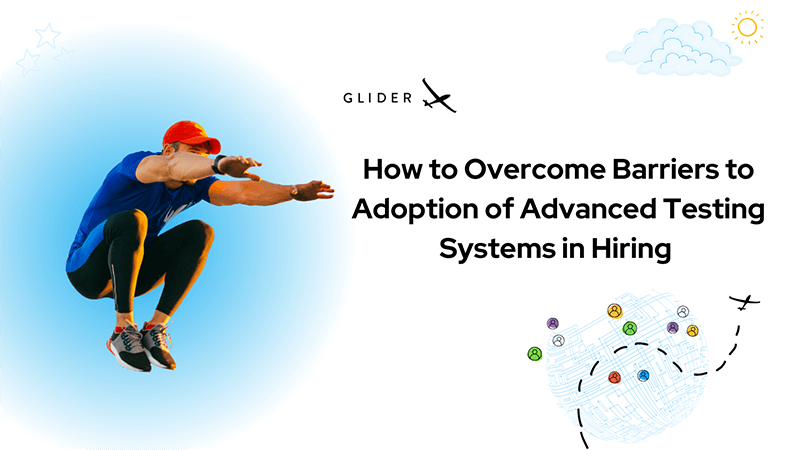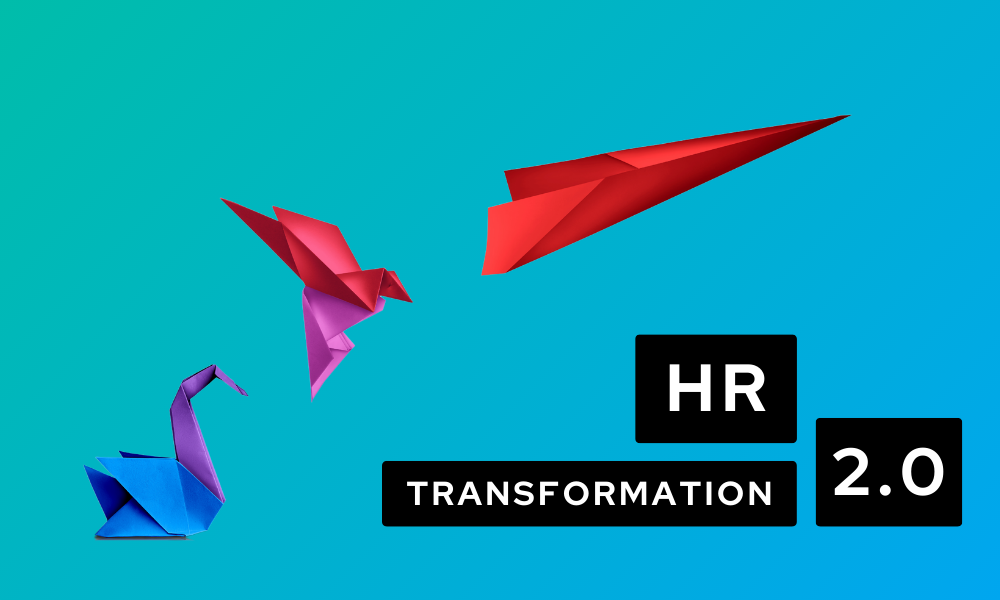
Make talent quality your leading analytic with skills-based hiring solution.

Sparked by the advancements in technologies, modern hiring practices are eager than ever to inculcate them in recruitment ecosystem. Adoption of advanced hiring systems will not only shorten the hiring cycle but also spotlight talent quality.
Innovations especially in AI-based assessments elevate hiring choices in terms of competency, behaviors, job fitness, and KPIs. Thus, advanced hiring practices enhance talent acquisition, end-to-end, from candidate sourcing to employee onboarding.
Many research and case studies have revealed that advanced testing systems in hiring practices are both supportive and challenging. While it’s true that they are largely beneficial in assessing employability skills, there lies a disputed claim that they are quite difficult to implement.
Having gone through a rough phase in the Covid pandemic, many business organizations quickly pulled away from traditional or routine hiring practices. As a turnaround strategy, advanced hiring practices gathered momentum.
Modern HR experts define advanced hiring practices are tech-enabled assessments built around systems like AI, automation, NLP, Big Data, measurement, and of course, continuous improvement. Advanced hiring practices are more than ATS as they not only source and sift through resume database, but also review a candidate in terms of competency, cognitive skills, emotional intelligence, decision-making ability, etc.
Having said that, some of the proven merits of advanced hiring practices are:
Despite the long list of benefits, many organizations face key barriers in adopting advanced hiring practices. As per our research, many enterprise buyers are reluctant to let go of existing hiring practices. Even if they are not so, uncertainty about integration between tests and ATS/VMS worries puts them in dilemma.
While investments in tech-enabled assessments will fetch RoI for high-margin positions in sectors like technology, life sciences, and engineering, it’s not the exact case in other sectors. The investment may be justifiable only if conducted at a large scale for lower-margin positions.
Further, enterprise buyers are also concerned about the additional time and resources required to implement testing approaches. According to them, they lack a clear and compelling business case that guarantees full-fledged merits of advanced hiring systems.
Additionally, legal and regulatory concerns may have an overbearing on tech-based assessments. For example, video interviews bring in issues like race and gender much earlier into the hiring process. It must be noted that Illinois was the first state to regulate the use of AI in hiring in 2020.
Besides these concerns, our research also highlighted how some candidates and other stakeholders in the recruitment system may be reluctant to take up tech-based assessments. Classified as non-buyer barriers, they are:
“As AI has evolved, recruiters have needed to pivot processes in order to remain efficient and successful in filling roles for our clients. With AI prevalence increasing and automation of outreach sequences to potential candidates recruiters are at a risk for tech overwhelm and increasing costs in tools. It’s not uncommon that some tools can even be cost prohibitive for the use of all desired features. It’s also not uncommon for tools to have glitches, to breakdown or to change in performance.
In my experience as a third-party recruiter, I believe the best practice is to actually plan for those breakages as part of your planning process and remain vigilant! Committing to these two practices will increase your speed of execution and overall success in placements in light of the evolution of AI.”Rikka Brandon, Founder and CEO, buildinggurus
In spite of all the barriers mentioned above, it must be noted that advancements in hiring practices will continue to progress. There are many time-tested business cases that show how tech-based assessments models have contributed to an organization’s success from many perspectives.
When implemented and integrated accurately, advanced hiring practices can save time, cost, and other significant resources of the business enterprises. Some of the staffing experts opine that tech-based assessments may elude offline interviews altogether. From the candidate’s perspective, hiring is made on the grounds of data, competency, and transparency rather than just resume screening.
2022 has arrived. We certainly hope the year is full of health, happiness, and positivity. We are also eager to get you a lot of updates on the recruitment and staffing industry. Subscribe to Glider’s Newsletter and never miss an update!

Why HR Must Lead AI Transformation — And Redefine HR Transformation in the Process Artificial intelligence is no longer a futuristic concept. It’s here, and it’s redefining how businesses operate, how decisions are made, and most importantly—how work gets done. Yet despite the sweeping impact AI is having on talent, skills, and workforce structure, HR […]

Deepfake Tech and Candidate Fraud The Growing Threat of Deepfake Job Interviews Imagine conducting a video interview with a seemingly perfect candidate—only to discover later that the person never existed. With the growing sophistication of AI-driven deepfake technology, fraudulent job candidates are manipulating job interviews to secure employment under false identities. This trend is particularly […]

Closing the Skills Gap: A Roadmap to Workforce Transformation 74% of companies struggle with skills shortages, impacting productivity, retention, and growth. Businesses face misaligned hiring, stalled career development, and inefficiencies without a clear understanding of workforce capabilities. A Skill Gap Analysis identifies deficiencies, ensuring employees are equipped for current and future roles. Glider AI’s Skill […]